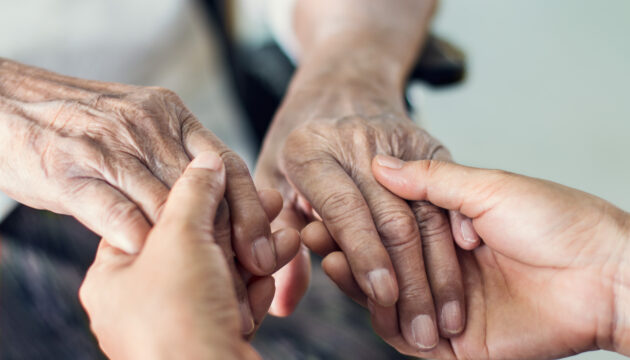Global Health
Our work in Global Health
-
Supplemental Income Program Design: A Cluster-Randomized Controlled Trial to Examine the Health and Wellbeing Effects on Older Adults by Gender, Duration and Payment Frequency
Older people in the developing world who lack social security benefits and health care may benefit most from monthly income programs.
Categorized in -
Living Arrangements and Supplemental Income Programs for Older Adults in Mexico
Living arrangements often reflect important quality-of-life indicators for elderly adults.
Categorized in -
Pacula Examines Pitfalls in the Legalized Marijuana Marketplace
As the marijuana industry marches toward mainstream acceptance, policymakers are turning to Rosalie Liccardo Pacula to help ensure that its popularity does not outpace scientific understanding of its risks.
-
International Travel Restrictions During a COVID-19 Pandemic
With initial restrictions on social interactions being lifted in many U.S. states, policy-makers must consider when and how to lift restrictions on international travel, particularly between Europe and the United States.
Categorized in -
COVID-19 Policy Must Take All Impacts into Account
Human health is obviously crucial, but epidemiological models should not ignore economic and ethical considerations.
Categorized in -
Global Reports of Well-Being Overestimate Aggregated Daily States of Well-Being
Researchers can characterize people’s well-being by asking them to provide global evaluations of large parts of their life at one time or by obtaining repeated assessments during their daily lives.
Categorized in -
Does the Market Reward Quality?: Evidence from India
There are two salient facts about health care in low and middle-income countries; 1) the private sector plays an important role and 2) the care provided is often of poor quality.
Categorized in -
A Bi-National Comparison of Federal Safety Net Programs for Low-Income Elderly in the U.S. and Mexico
Population aging in Mexico as in the United States is expected to accelerate over the next thirty years, and the proportion of individuals 65 and older will triple to approximately 20 percent by 2050 in both nations. Older people of Mexican origin are at high risk of protracted periods of poor health, a reality exacerbated […]
Categorized in -
Assessing the Preparedness of the Canadian Health Care System Infrastructure for an Alzheimer’s Treatment
A report on Canadian readiness to deal with new Alzheimer’s disease treatments co-authored by Jakub Hlávka found that average wait times could reach 28 months and that the most pressing issue is a lack of dementia specialists.
Categorized in -
Do Income Supplemental Programs for Older Adults’ Help Reduce Primary Caregiver Burden? Evidence from Mexico
In countries such as Mexico without formal public long-term care policies, informal care becomes the main source of support for older adults.
Categorized in









